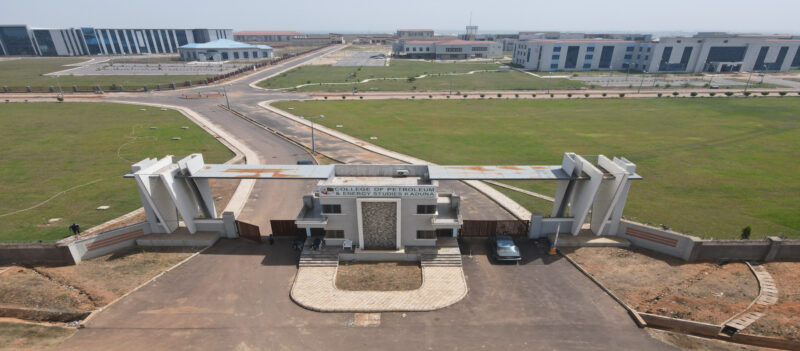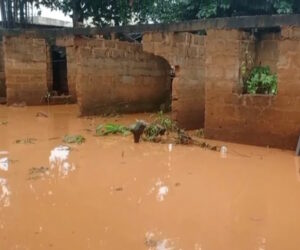-
PENGASSAN urges institution to tackle oil theft, environmental issues, others
From Adanna Nnamani, Abuja
More than 16,000 Nigerians have applied for only 295 admission slots at the newly established College of Petroleum and Energy Studies (CPES) in Kaduna, a flagship institution of the Petroleum Technology Development Fund (PTDF).
PTDF Executive Secretary Ahmed Aminu revealed this on Tuesday during an inspection tour of the college with members of the Petroleum and Natural Gas Senior Staff Association of Nigeria (PENGASSAN).
Aminu said the college received over 2,000 PhD applications and more than 14,000 Master’s degree applications, but only 45 PhD and 250 MSc students will be admitted in the first cohort when the college opens in September.
“We are starting with 45 PhD candidates and 250 MSc students at the pilot stage. The volume of applications clearly shows there is a massive demand for advanced, industry-relevant training locally. Rather than sending a few students abroad, this facility allows us to train more Nigerians at home at the same high standard,” Aminu stated.
Addressing concerns about affordability, the executive secretary assured that all long-term students will receive full scholarships.
“Just as PTDF sponsors Nigerians abroad, every admitted student here will also benefit from full funding. The difference is scale. Instead of training 20 abroad, you can train 200 here and get the same standard,” he added.
PENGASSAN President, Festus Osifo, described the CPES as another Harvard in Nigeria, lauding its state-of-the-art facilities and world-class learning environment.
Osifo said the college represents a turning point in Nigeria’s oil and gas industry by serving as a domestic hub for technical and leadership development.
He charged the institution to not only train professionals but also drive meaningful research that solves real problems plaguing the sector.
“In terms of short-term expectations, we want this institution to focus its research on pressing challenges in the oil and gas industry. Issues like pipeline theft, environmental degradation in the Niger Delta, and energy transition strategies must be core areas of study. Let the research being done here solve today’s problems, not outdated ones,” he said.
The labour leader further stressed the need for the college to maintain strict timelines for academic programmes, particularly PhDs, noting that delayed graduations and systemic inefficiencies must be avoided.
“We believe that three years should mean three years. Unlike some local institutions where timelines are uncertain, this college must be structured, focused, and driven by outcomes,” he said.
Osifo also called for broader industry involvement beyond public sector participation, urging oil companies, especially in the private sector, to utilise the college’s short courses and professional development offerings.
According to him, “This place should not just serve NNPC or government agencies; companies doing short courses abroad should consider CPES, because what we have seen here rivals any global institution.”








